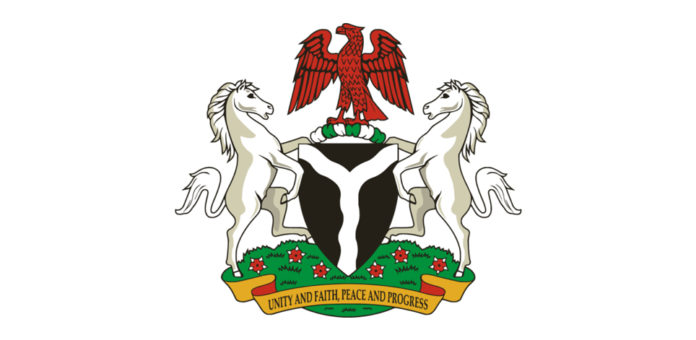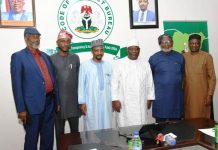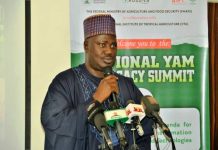My heart is broken, seeing the graphic visuals of the devastating floods that killed, as at last count, 160 persons—men, women, and children—in Mokwa, Niger State, last Thursday.
This is a most difficult time for the families of the victims, their neighbours, and indeed their communities. My heart goes out to those who have lost their loved ones, along with their properties, including agricultural produce. Infrastructure has also been damaged by the deadly floods. I pray that the Almighty will console the bereaved and lighten their grief. I equally extend my profound sympathy to Governor Mohammed Umar Bago, who, as Chief Executive of Niger State, bears a heavy burden of sifting through the wreckage and stabilizing the traumatized communities.
I am immensely thankful to President Bola Ahmed Tinubu, GCFR, for his fatherly message of commiseration along with his directive to the appropriate agencies to deploy succour to the affected communities. There is evidence that this is being done, and more importantly, there is assurance that those hard-hit by the disaster are the direct recipients of the succour.
Already, I have complemented the state government and the National Emergency Management Agency (NEMA) in providing food items to the hundreds of families impacted by the flash floods.
I must admit that each rainy season in recent years has often left me with a deep sense of foreboding, as water-related disasters gain prominence in the news. Usually, they are boat mishaps in which scores lose their lives, and floods submerge farmlands, leading to significant crop losses and diminished livelihoods.
As I pointed out while appearing yesterday (June 3, 2025) on the TVC Breakfast programme that focused on “Disaster Management: Evaluating Roles of Government and Citizens,” the flash floods in Mokwa last week are urgent reminders yet again of the effects of climate change and why all and sundry must take seriously efforts aimed at mitigation. It is worrisome that Mokwa, which is not on a floodplain, has suffered the horrendous damage from flooding caused by torrential rainfall. This is a natural disaster and of a magnitude never previously witnessed in Mokwa.
There is no gain-saying the fact that, throughout the country, communities and opinion leaders must take more seriously the Seasonal Climate Prediction by NiMET as well as the Annual Flood Outlook released yearly by the Nigeria Hydrological Services Agency. It is also important to speed up the desiltation of existing water bodies while rapidly creating new water-harvesting structures to reduce the flow and damage caused by run-off water but taking advantage of it in agricultural production.
As co-Chairman of the World Bank-financed Agro-Climatic Resilience in Semi-Arid Landscapes (ACReSAL) Project on restoration of degraded land, I can attest to how the project has helped restore arable land in Jigawa State, where desiltation of existing water bodies has created new opportunities for irrigation, farming, and fishing.
Beyond the on-going immediate relief to survivors of the Mokwa flood disaster, there lies a greater challenge of trauma counselling for persons who lost nearly all their family members, as well as the restoration of livelihoods either compromised or wiped out by the deadly floods.
I call on well-meaning citizens and organisations to weigh in with their support and help Mokwa, a critical transit route between the north and south of the country, regaining its vitality.
Signed
Senator Dr. Aliyu Sabi Abdullahi, CON
(Baraden Borgu)
Honourable Minister of State for Agriculture and Food Security
4th June, 2025






